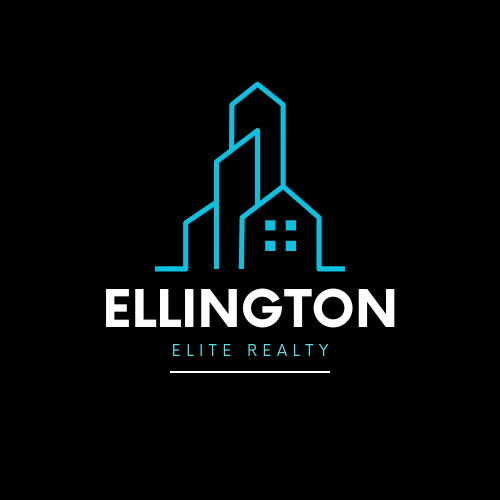
Riverdale: A Chicago Neighborhood in Transition
Riverdale, one of Chicago's 77 official community areas, is located on the city's far south side. This unique neighborhood, with its rich industrial history and ongoing challenges, presents a complex picture of urban development and community resilience.
Housing Market Trends
As of October 2024, Riverdale's housing market shows signs of growth:
- Median home sale price: $131,000, up 45.0% from the previous year
- Average time on market: 31 days, slightly improved from 33 days last year
- Homes sold in October: 4, down from 5 in the previous year
The market is considered somewhat competitive, with some homes receiving multiple offers.
Neighborhood Highlights
Riverdale offers several distinctive features:
-
Historical Significance:
- Originally settled in 1836 along the banks of the Little Calumet River
- Transformed from an industrial area to a residential community in the mid-20th century
-
Industrial Heritage:
- Home to the Calumet Water Reclamation Plant, one of the oldest wastewater treatment facilities in the region
- Significant portions dedicated to industrial sites, rail yards, and landfills
-
Public Housing:
- Location of the Altgeld Gardens Homes, a notable CHA public housing project
- Site of the Phillip Murray Homes, built in 1954
-
Natural Areas:
- Part of the neighborhood includes the Beaubien Forest Preserve
- Proximity to the Little Calumet River and Lake Calumet
-
Transportation:
- Served by Metra's Electric Line at the Riverdale station
- Access to several Pace bus routes, including Route 348
Challenges and Opportunities
Riverdale faces several challenges:
- Higher crime rates compared to the city average
- Lower average income compared to other Chicago neighborhoods
- Limited amenities, particularly in dining and shopping options
However, the neighborhood also presents opportunities:
- Affordable housing options, with median rent prices 36% lower than the national average
- Potential for community-driven revitalization efforts
- Proximity to natural areas and potential for green space development
Market Outlook
Riverdale presents a complex picture for real estate. While recent data shows significant price increases, the neighborhood continues to face socioeconomic challenges. The combination of affordable housing, industrial heritage, and proximity to natural areas may attract investors and homebuyers looking for value and potential growth in Chicago's evolving south side.
As Chicago continues to address issues of equity and development, Riverdale's future may depend on strategic investments, community engagement, and leveraging its unique assets to create a more vibrant and sustainable neighborhood.

